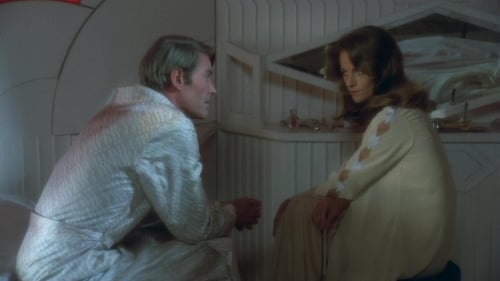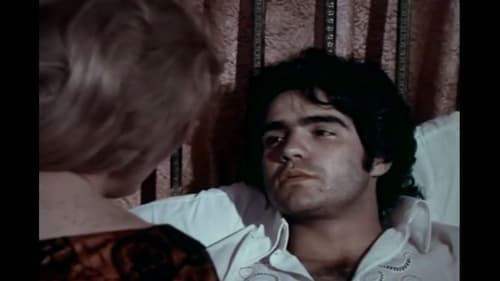José Emilio Pacheco
Birth : 1939-06-30, Mexico City, Mexico
Death : 2014-01-26
History
Poet, narrator, essayist and translator, he has been one of the most important writers of 20th century Mexican literature.
He studied at the Universidad Nacional Autónoma de México, where he began his literary activities in student magazines. He collaborated in the Ramas Nuevas supplement of the magazine Estaciones, and was editor-in-chief of the Mexico en la Cultura supplement. He was a professor at universities in Mexico, the United States, Canada and England.
His poetic work, characterized by the extreme purification of ornamental elements, stands out for its social commitment to his country. Themes such as the passage of time, life and death are the backbone of his work. His poetry includes Los elementos de la noche (1963), No me preguntes cómo pasa el tiempo (1969), Los trabajos del mar (1984), Miro la tierra (1986) and Ciudad de la memoria (1989).
His narrative work stands out for his experimentation with new narrative structures and techniques. Themes such as the loss and uniqueness of childhood, as well as affective relationships are recurrent in his work, all of them masked by his social and historical concern for Mexico. As a storyteller, his short stories El viento distante (1963), El principio del placer (1972), La sombra de la Medusa y otros cuentos marginales (1990) and the novels Morirás lejos (1967) and Las batallas del desierto (1981) stand out. His articles and essays are numerous and almost all of them deal with literature, although they also deal with political and social issues. His work as editor and translator also stands out.
His awards include the Magda Donato (1967), Xavier Urrutia (1973), Premio Nacional de Periodismo (1990), Premio Nacional de Ciencias y Artes in the field of linguistics and literature (1992), Premio Reina Sofía de Poesía Iberoamericana (2009) and the Premio Miguel de Cervantes (2009).
He is a member of El Colegio Nacional (Mexico) since 1986 and distinguished professor in the Department of Spanish at the University of Maryland.
The writer José Emilio Pacheco, winner of the 2009 Cervantes Prize, deposited in the Caja de las Letras of the Cervantes Institute a legacy that will remain in safekeeping until April 21, 2110. He is one of the personalities who left a personal object in the old vault at the Institute's headquarters.









